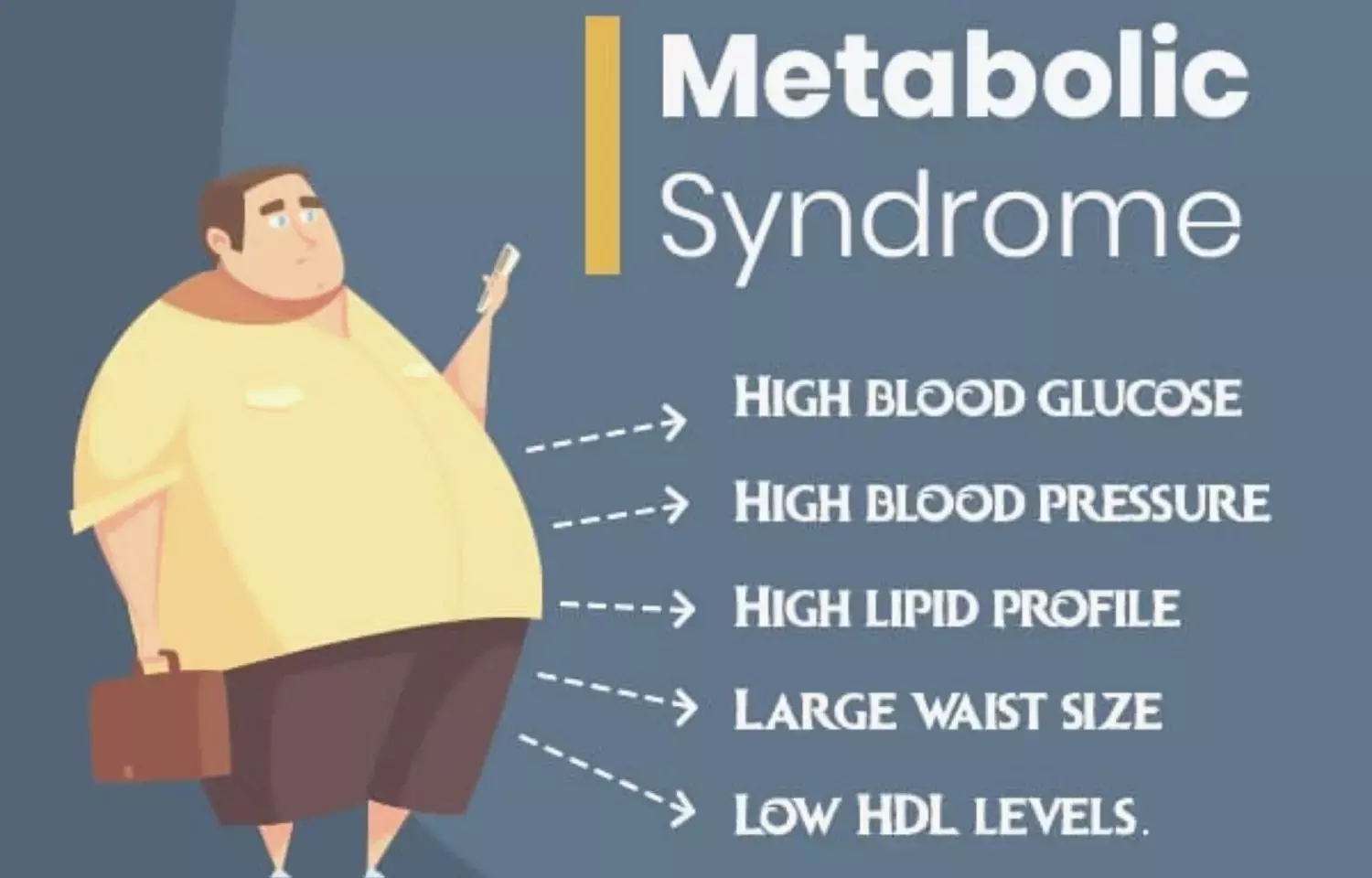- Home
- Medical news & Guidelines
- Anesthesiology
- Cardiology and CTVS
- Critical Care
- Dentistry
- Dermatology
- Diabetes and Endocrinology
- ENT
- Gastroenterology
- Medicine
- Nephrology
- Neurology
- Obstretics-Gynaecology
- Oncology
- Ophthalmology
- Orthopaedics
- Pediatrics-Neonatology
- Psychiatry
- Pulmonology
- Radiology
- Surgery
- Urology
- Laboratory Medicine
- Diet
- Nursing
- Paramedical
- Physiotherapy
- Health news
- Fact Check
- Bone Health Fact Check
- Brain Health Fact Check
- Cancer Related Fact Check
- Child Care Fact Check
- Dental and oral health fact check
- Diabetes and metabolic health fact check
- Diet and Nutrition Fact Check
- Eye and ENT Care Fact Check
- Fitness fact check
- Gut health fact check
- Heart health fact check
- Kidney health fact check
- Medical education fact check
- Men's health fact check
- Respiratory fact check
- Skin and hair care fact check
- Vaccine and Immunization fact check
- Women's health fact check
- AYUSH
- State News
- Andaman and Nicobar Islands
- Andhra Pradesh
- Arunachal Pradesh
- Assam
- Bihar
- Chandigarh
- Chattisgarh
- Dadra and Nagar Haveli
- Daman and Diu
- Delhi
- Goa
- Gujarat
- Haryana
- Himachal Pradesh
- Jammu & Kashmir
- Jharkhand
- Karnataka
- Kerala
- Ladakh
- Lakshadweep
- Madhya Pradesh
- Maharashtra
- Manipur
- Meghalaya
- Mizoram
- Nagaland
- Odisha
- Puducherry
- Punjab
- Rajasthan
- Sikkim
- Tamil Nadu
- Telangana
- Tripura
- Uttar Pradesh
- Uttrakhand
- West Bengal
- Medical Education
- Industry
Metabolic syndrome and high-obesity-related indices tied to cognitive impairment: Study

Taiwan: Metabolic syndrome (MetS) and its components (except for high blood pressure and hypertriglyceridemia) are tied to cognitive impairment, shows a recent study in the journal Nutrients. Also, high values of obesity-related indices (including AVI, BAI, BMI, WHR, ABSI, WHtR, CI, and BRI) are associated with poor cognitive function. In addition, MetS prevalence and values of the obesity-related indices increased with cognitive impairment severity.
Metabolic syndrome (MetS) comprises a cluster of cardiovascular risk factors, including dyslipidemia, abdominal obesity, hypertension, and hyperglycemia. In spite of the increased prevalence of MetS, there is no clarity on the association between MetS and cognitive function. Considering this, Szu-Han Huang, Kaohsiung Medical University, Kaohsiung, Taiwan, and colleagues aimed to explore the associations between MetS, its components, and obesity-related indices with cognitive function in a large Taiwanese cohort.
The study enrolled a total of 28,486 participants who completed the Mini-Mental State Examination (MMSE) questionnaire, which was used for cognitive function evaluation. NCEP-ATP III guidelines and modified criteria for Asians were used to define MetS. Also, ten obesity-related indices were evaluated: body mass index (BMI), body adiposity index (BAI), abdominal volume index (AVI), a body shape index (ABSI), waist-hip ratio (WHR), lipid accumulation product, conicity index (CI), waist-to-height ratio (WHtR), triglyceride glucose index, and body roundness index (BRI).
Based on the study, the researchers reported the following:
- The prevalence of MetS and its components (except for hypertriglyceridemia) and the number of MetS components increased while the cognitive impairment worsened (from MMSE ≥ 24, 18–23 to 0–17).
- In addition, increases in all obesity-related index values were associated with a decline in cognitive function (from MMSE ≥ 24, 18–23 to 0–17, ANOVA).
- Multivariable analysis showed that MetS, abdominal obesity, low high-density lipoprotein cholesterol, and hyperglycemia were significantly associated with a low MMSE score.
- Further, participants with high BMI, WHR, WHtR, BRI, CI, BAI, AVI, and ABSI values were significantly associated with a low MMSE score.
"Our findings demonstrate that MetS and its components (except for hypertriglyceridemia and high blood pressure) may lead to cognitive impairment and that high values of obesity-related indices were associated with poor cognitive function," the authors wrote in their study.
Reference:
Huang SH, Chen SC, Geng JH, Wu DW, Li CH. Metabolic Syndrome and High-Obesity-Related Indices Are Associated with Poor Cognitive Function in a Large Taiwanese Population Study Older than 60 Years. Nutrients. 2022 Apr 7;14(8):1535. doi: 10.3390/nu14081535. PMID: 35458097; PMCID: PMC9026510.
Dr Kamal Kant Kohli-MBBS, DTCD- a chest specialist with more than 30 years of practice and a flair for writing clinical articles, Dr Kamal Kant Kohli joined Medical Dialogues as a Chief Editor of Medical News. Besides writing articles, as an editor, he proofreads and verifies all the medical content published on Medical Dialogues including those coming from journals, studies,medical conferences,guidelines etc. Email: drkohli@medicaldialogues.in. Contact no. 011-43720751


